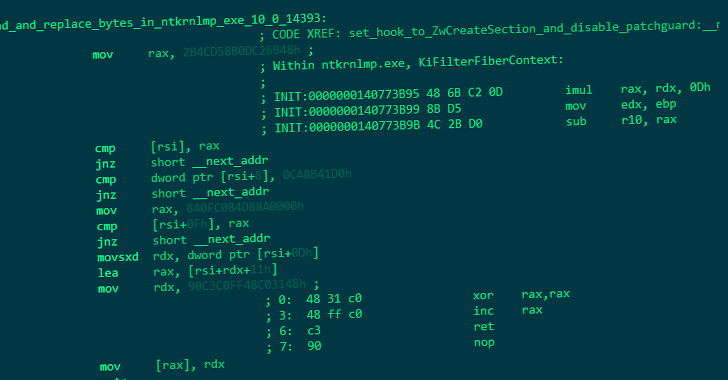An unknown Chinese-speaking threat actor has been attributed to a new kind of sophisticated UEFI firmware rootkit called CosmicStrand.
"The rootkit is located in the firmware images of Gigabyte or ASUS motherboards, and we noticed that all these images are related to designs using the H81 chipset," Kaspersky researchers said in a new report published today. "This suggests that a common
http://dlvr.it/SVTVTS
Subscribe to:
Post Comments (Atom)
Cybersecurity needs AI as much as AI needs cybersecurity - Techzine Europe
Cybersecurity needs AI as much as AI needs cybersecurity Techzine Europe http://dlvr.it/TDY1dr
-
This statistic presents a ranking of the countries with the highest commitment to cyber security based on the Global Cybersecurity Index (GC...
-
Supply chain cyberattacks threaten healthcare. Here’s how the industry can work together to limit disruption. Healthcare Dive http://dlvr...
-
Cybersecurity needs AI as much as AI needs cybersecurity Techzine Europe http://dlvr.it/TDY1dr


No comments:
Post a Comment